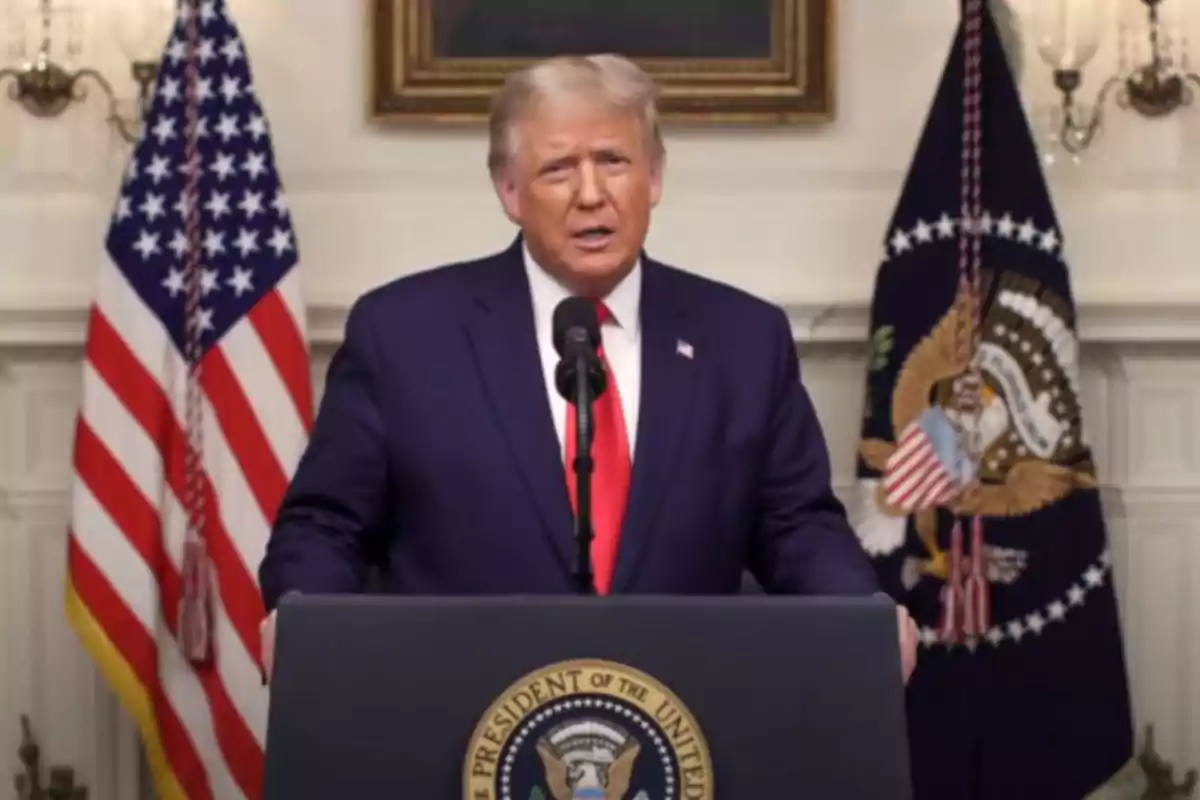
Trump announced very harsh tariffs on the import of foreign automobiles.
The President of the United States announced that import duties of up to 25% will be applied to foreign automakers
President Donald Trump announced Wednesday the implementation of a new 25% tariff on imported cars, which will affect approximately half of all vehicles sold in the United States.
The goal of this measure, according to Trump, is to increase domestic car manufacturing, while generating a large number of jobs in car factories within U.S. territory.
During a press conference at the White House, Trump explained that vehicles manufactured in the United States wouldn't be subject to this new tariff, but those imported from other countries would be, which would encourage companies to make strong foreign direct investment efforts in the country.
He clarified that this tariff would be a way to incentivize the construction of automotive factories within the United States, which would lead to a revitalization of the sector and an increase in national production.
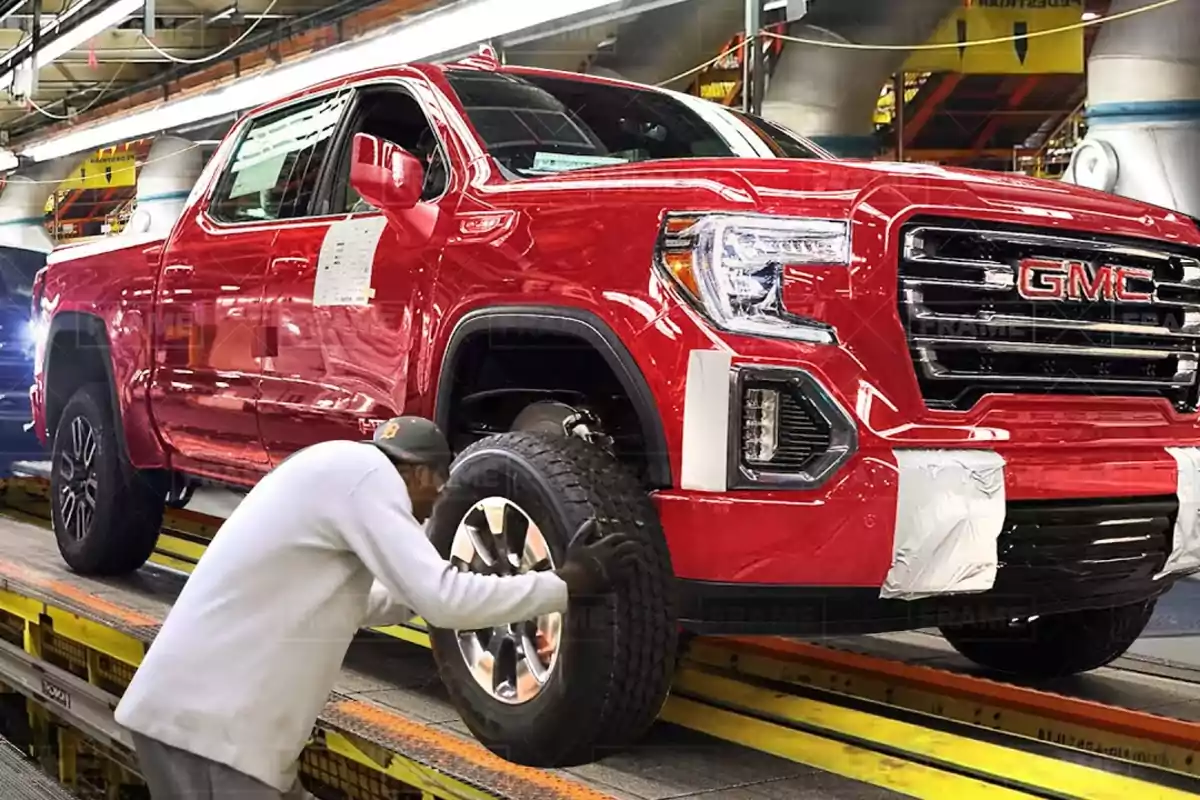
The measure will be implemented on April 2, and the Trump administration also plans to announce "reciprocal" tariffs on imports from countries with higher tariffs on U.S. products, as well as other products such as lumber, pharmaceuticals, computer chips, and copper.
The impact of this measure will be significant, as more than half of the cars sold in the United States come from abroad, mainly from countries like Mexico, Canada, Japan, South Korea, and Germany.
Trump noted that cars manufactured in Mexico or Canada will be taxed according to the percentage of foreign parts they contain. For example, if a car manufactured in Mexico has 50% American parts and 50% foreign parts, the tariff will be 12.5%.
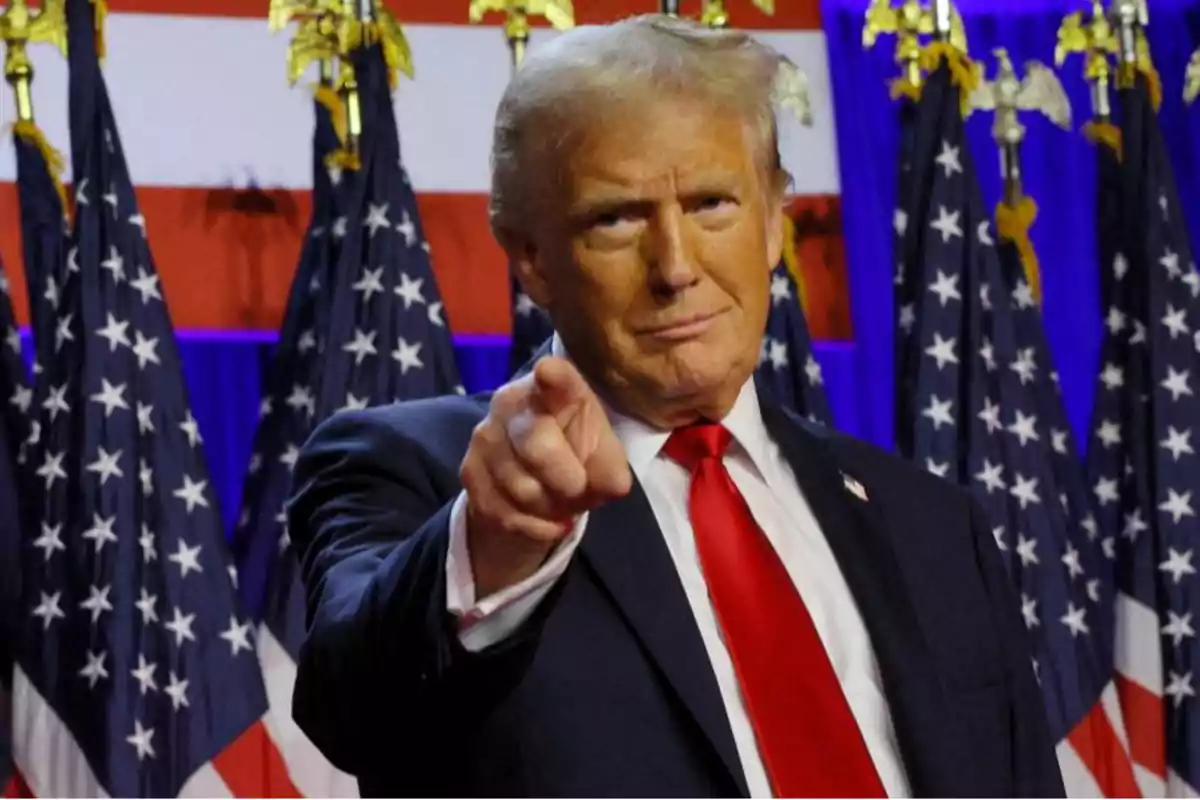
The president also assured that this new system would generate significant revenue, with a projection of USD 100 billion annually, which would be used to reduce the national debt and fund tax cuts.
Additionally, he indicated that these tariffs will remain in effect for the rest of his term. Trump expressed confidence that the tariff policy will bring long-term benefits, with the possibility of generating between USD 600 billion and USD 1 trillion in revenue over the next two years.
The United Auto Workers (UAW) expressed its support for the measure, calling it a "victory for automotive workers."
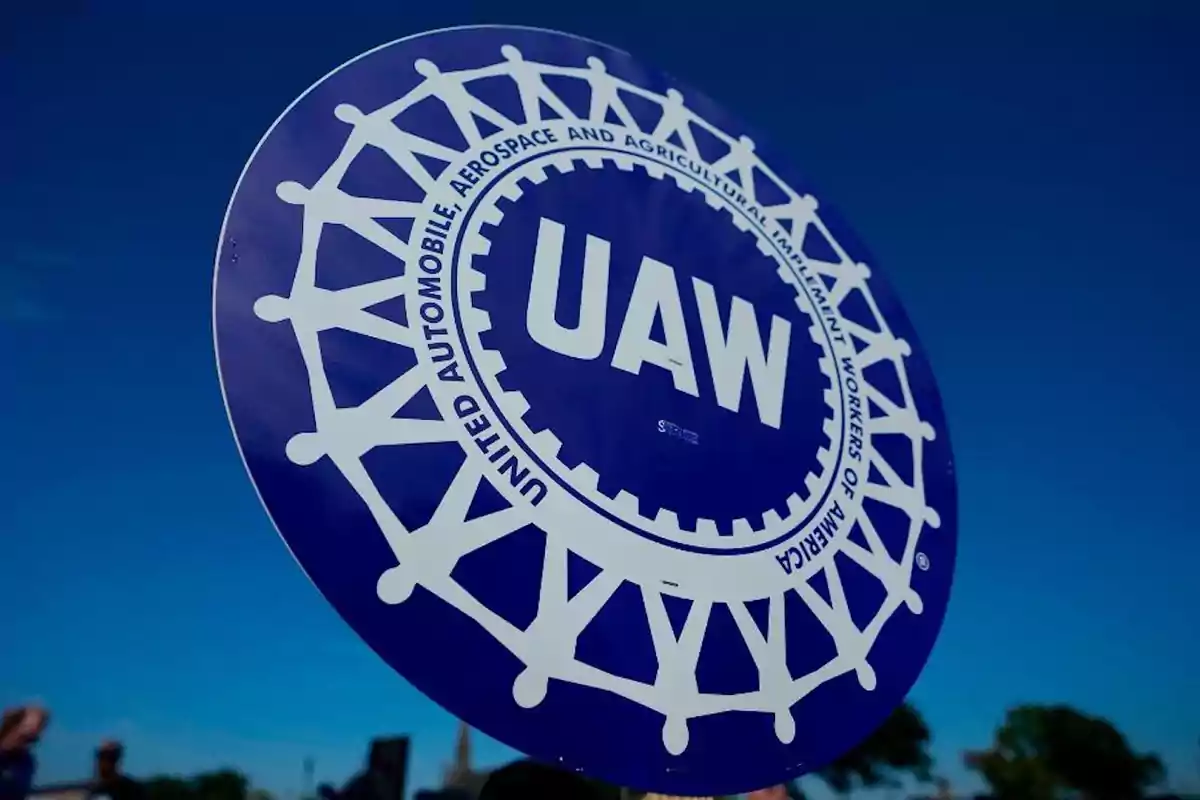
In a statement, UAW President Shawn Fain highlighted that the 25% tariff is a step toward the "renewal of manufacturing in America" and the end of the North American Free Trade Agreement, which, according to him, has harmed working-class communities for decades.
Fain stated that the measure is an important step to curb "unfair competition" in the automotive industry and bring jobs in this sector back to the United States.
However, critics of the measure argue that the tariffs could lead to a widespread increase in prices, a concern especially relevant given the price increases recorded during Joe Biden's Democratic administration.
Additionally, the measure could create tensions with U.S. allied countries that export cars, such as Canada, Japan, and the European Union. The Canadian government has already indicated that it will take reciprocal measures, which could lead to an escalation in international trade disputes.
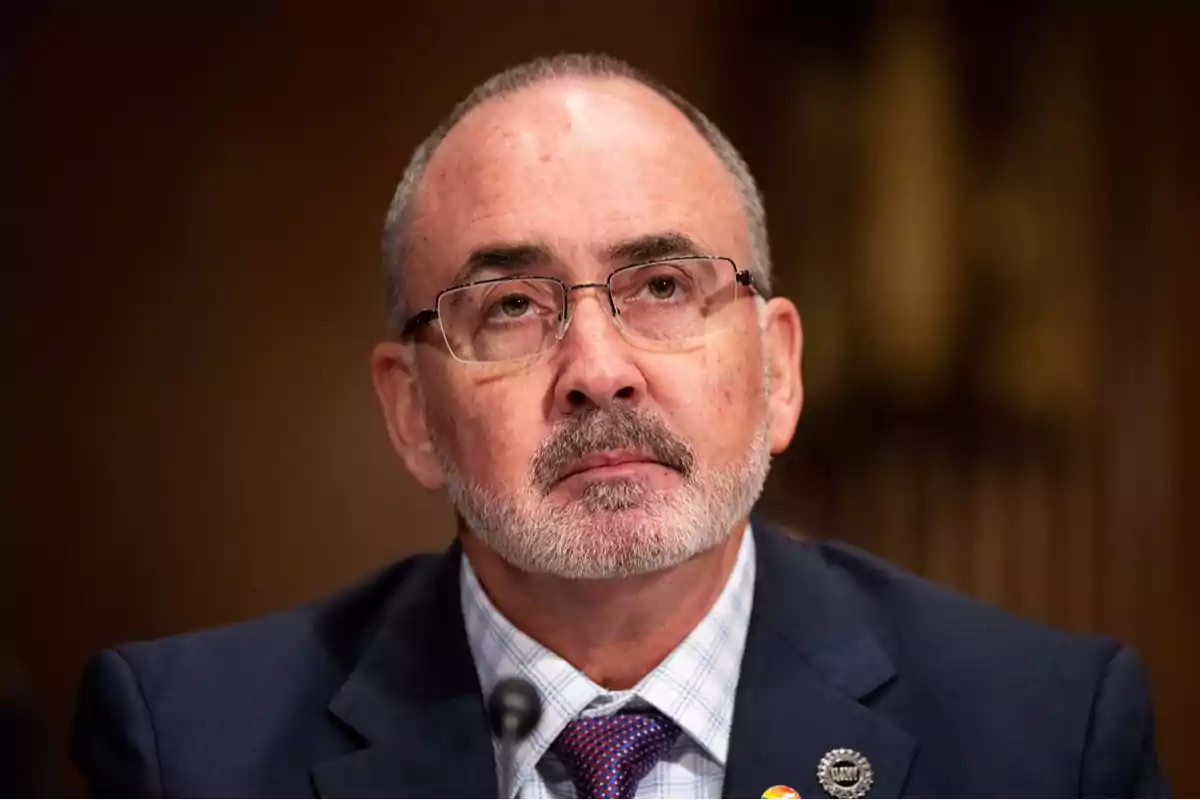
More posts: